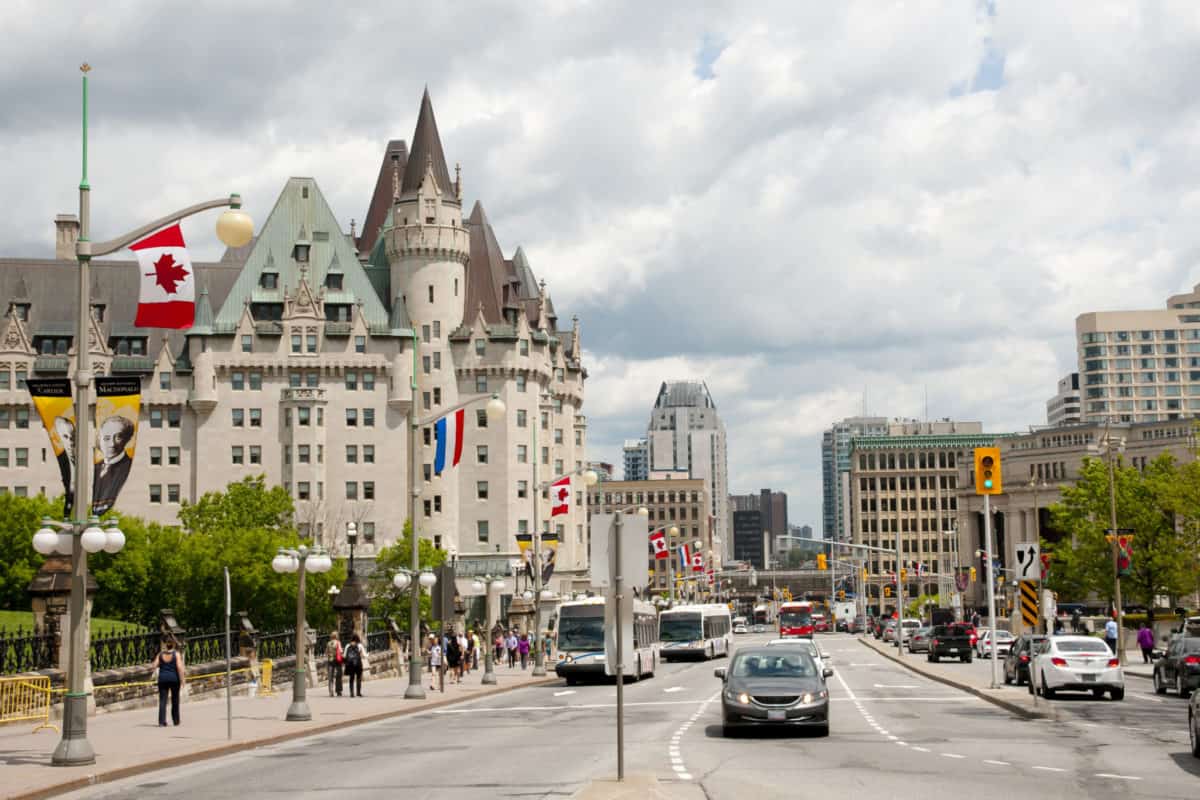Canada is investing $35 million into its settlement services to expand their reach to include 41 communities, says Immigration Minister Sean Fraser.
“Newcomers and refugees have long been the motor of Canada’s society and economy, and our country has a proud tradition of being an international leader in resettlement and integration,” Fraser said in a statement.
Read More
Certain Quebec Employers Now Allowed To Hire More Temporary Foreign Workers
How You Could Immigrate To Canada Through The Start-Up Visa In 2022
Manitoba Invites 443 Canada Immigration Candidates In First PNP Draw Of 2022
“This success could not be achieved without the help of vital settlement service organizations that help newcomers learn Canada’s official languages, find jobs and build successful lives in their new communities.”
Rural and Small Communities To Benefit From Increased Funds
With the expanded funding for settlement services announced Monday, Ottawa is hoping to ensure newcomers in small towns and rural communities will have better access to essential services during their first year in Canada. The immigration minister says these services are needed more than ever during the COVID-19 pandemic.
“These services will support newcomer families and provide the tools for their long-term success in the years ahead,” said Fraser.
On Twitter, the new investment in settlement services for immigrants received both praise from supporters – and condemnation from critics who decried it as a waste of money that could be better spent on healthcare services for Canadians.
“Are you serious, Sean Fraser?$35 million?” wrote one Twitter user on the social media platform. “How many hospital beds will that buy? These newcomers should have sponsors! I do not accept my tax dollars being used for refugees until ALL Canadians have safe accommodation, food, schools, etc.”
Another Twitter user blasted Ottawa for its pro-immigration policies and record-high immigration levels last year.
“So let me get this straight. Apparently, we have a housing shortage crisis. Apparently, we have a healthcare capacity crisis. Apparently, we have a debt crisis. Yet we are simultaneously bringing in more people? How do you square that off?” he tweeted.
Settlement Service Providers Welcome Funding Boost
Providers of services to newly-arrived immigrants, though, welcomed the new funding.
“We’re currently producing micro-credential training certification to help urban and immigrant workers understand job opportunities in our rural region,” wrote a Twitter user based in Ontario. “Our ‘catalyst housing’ will help, too. Great to see this support and looking forward to more information.”
In the wake of its Resettlement Assistance Program and Case Management Services call for proposals, Ottawa chose 23 projects to provide services for refugees and vulnerable newcomers.
The latest funding includes $21 million to add nine new Resettlement Assistance Program service providers in British Columbia, Alberta, Manitoba and New Brunswick.
These organizations are being funded to help reduce the pressure on the 32 existing Resettlement Assistance Program service providers across Canada and to give refugees the opportunity to settle in small- and medium-sized towns and rural communities where affordable housing is more readily available.
$14M Invested In Case Management Services
The remaining $14 million is going to case management services for 14 of the existing service providers who offer support and referrals, including a pilot project aimed at bolstering francophone case management in the Prairies.
Immigration officials described case management as “a comprehensive approach to supporting the settlement of government-assisted refugees and other high-needs and vulnerable newcomers facing multiple and complex barriers to integration during their first 12 to 18 months in Canada.”
The newcomers’ needs are assessed and a settlement plan is put together that includes referrals, regular monitoring of the newcomers’ progress, and personalized and intensive supports.
Under the Resettlement Assistance Program, agencies in all provinces outside Quebec provide newcomers with direct financial support and assistance to meet their immediate and essential needs, usually starting within the first four to six weeks after their arrival in Canada.
The financial support includes a one-time start up allowance and monthly income support typically provided for up to one year or until the newcomers can support themselves, whichever comes first.



